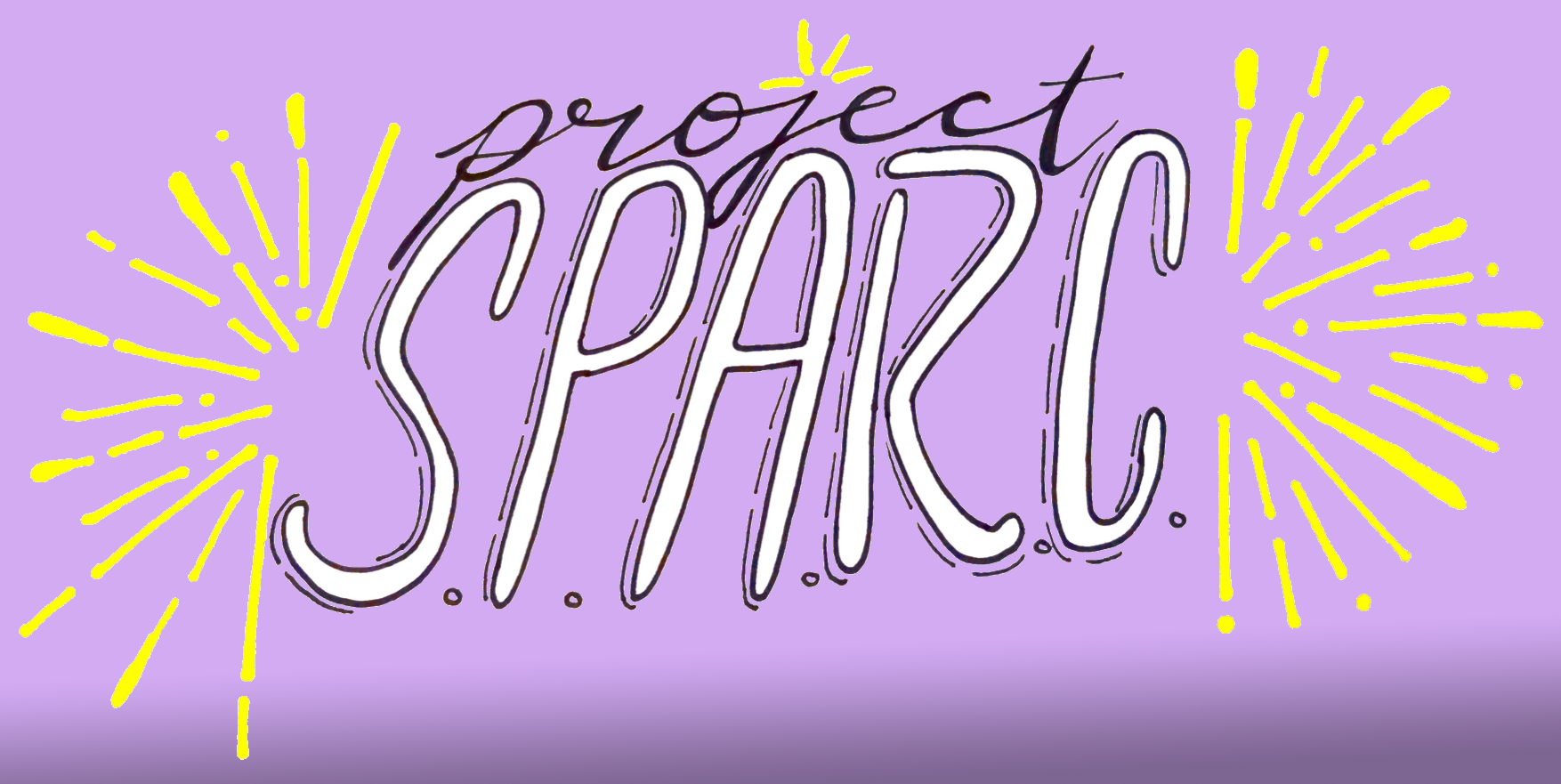by Annick Lamar ’22
Project SPARC is in its fourth week of leading interviews and most of our participatory action research crew is spread over many Zoom rooms leading these interviews. Those in the Zoom rooms are focused on collecting stories and experiences from program alumni to help us better understand how out-of-school programs support their participants with the transition from high school.
My group stays back this week. We don’t have an interview set up and our task is to start coding transcripts. From each interview, our team creates a transcript, a complete written record of the questions and answers. It represents the raw data from which we must now find meaning.
Our first task is to read through the transcript and make notes. Most of our team, which includes high school students and college students, is new to coding, and so we start by learning and working together. Sam Intrator, Smith professor and the co-principal investigator on the Project SPARC group, facilitates by asking us to read a question and the corresponding answer from the interviewee. The question is, “What knowledge did this program provide to you that allowed you to develop your knowledge and skills or your attitude as a leader in the program?” We read the answer and then Sam asks for our impressions. In a shared document, we each highlight key words we felt were important and drop a note next to the words. I can see someone highlight the words from the answer, “I definitely learned to use what I have, use the skills that I have to develop them and to use them to serve other people” and add the comment “identity development & confidence in abilities.” I see another team member highlight a new part of the answer that reads, “(The out-of-school program) definitely offered that knowledge about how to get (to college) and what my life could look like, for me, as a college student.” My teammate’s note reads, “provided access to opportunities.”
We continue on this way for an hour, making notes about key themes, attitudes, and behaviors that emerge in the interviewee’s answers. When we come back together, Sam asks us, “What is the special value these out-of-school programs provide?” We go around the room and themes start to emerge. Exposure and access to experiences, connection to resources, belonging, a support system, and obtaining new skills and new ways of learning are all shared. Every single group member also shares out loud that the values appear to be things that were not provided to this interviewee in a school setting. It is an important commonality that we’ll continue to focus on as we code other transcripts.
Working through this one answer is just the start of coding, but it has already provided us with rich information that will lead us to our big answer: How do out-of-school programs prepare their participants for the transition out of high school? We have a long way to go and many transcripts to code but it’s an exciting start.
